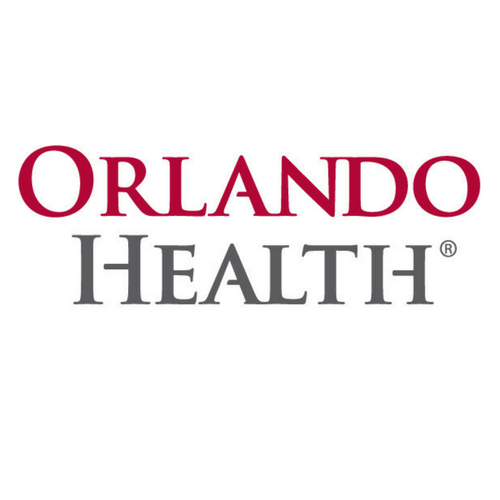How to Fuel Your Workouts with a Plant-Based (Vegan) Diet
If you work out, fueling your exercise with the right food is important, particularly if you are vegan. But how do you ensure you’re eating the right foods to stay strong through a tough training session?
Eating a plant-based diet does not need to affect your performance and can actually enhance your fitness, endurance and recovery. The most important thing is to make sure you still get enough nutrients, especially protein, before and after working out.
Keys for the Vegan Athlete
Make sure you tailor your nutrition to meet the needs of your workout. Do not skip your main meals and be sure to adjust your calories according to the demands of exercise so you are including fuel around and during a training session. Also, include adequate, healthy fats in your daily diet because they are calorie dense and provide anti-inflammatory benefits for recovery.
Plant-based diets tend to be lower in calories and higher in fiber, which is beneficial for weight loss (fat loss). However if you combine with exercise and inadequate calories, you could end up with too much weight loss (muscle loss) and low energy levels. Be sure to monitor your body weight a few times a week until you’ve established a routine. Or better yet, find a professional who can measure your body composition (fat mass, muscle mass).
Does a Plant-Based Diet Negatively Affect Physical Activity?
Some people wonder if not eating meat or dairy will have an adverse impact on performance. As long as you are meeting your energy and protein needs and replacing any nutrients at risk (vitamin B12, iron, calcium, vitamin D, creatine, essential fatty acids) of being low by following a plant-based diet, you can enhance recovery, boost energy levels and improve body composition.
As you begin this diet, you’ll find that it’s a trial-and-error process as you begin eating more plant-based foods and adjusting what foods and supplements help you obtain your maximum performance.
What the Vegan Athlete Should Eat Before Physical Activity
Before a hard workout or activity, strive for higher carbohydrate foods such as oatmeal, cereals, whole grain breads, rice, pasta, quinoa, legumes, colorful fresh fruit, flavored plant-based milks (vanilla, chocolate), sweet potatoes and 100% orange juice or tart cherry juice. These foods will help ensure energy for that workout. If you’re doing an easier workout, you don’t have to consume as many carbs for energy.
What to Eat for Recovery
After physical activity, eating those same higher carbohydrate foods we already mentioned, as well as adequate protein will help your body recover.
Since plant-based protein sources are lower in essential amino acids (quality) compared to dairy and meat proteins, you’ll need to balance this by selecting the adequate quantity of plant based proteins.
Look for milk alternatives. Although there are several on the market now, some have more protein than others. Almond milk only has 1 gram of protein per cup, whereas many of the pea protein-based milks offer 8 to 10 grams of protein.
Other real food options for protein include beans, lentils, tofu, tempeh and veggie burgers. For convenience and ease, a shake may be used as well.
Some research is showing that muscle adaptation and performance is similar whether you use plant-based protein powders or dairy based powders. This is a popular option with athletes because it assures they are getting the quality and quantity of protein and carbohydrates they need for optimal recovery. Here is a recipe for one of our favorite recovery shakes:
Plant-based recovery shake
1 cup pea-based milk (i.e. Ripple, Bolthouse Farms)
10-15 grams plant-based protein powder (i.e. Garden of Life, Vega)
½ c frozen blueberries
1 banana
½ c tart cherry juice
1 handful organic baby spinach
Ice, as needed
Directions: Combine all ingredients and blend until desired consistency.
Many active people do very well on a 100% plant-based diet, but others may find they need to adjust by including fish, eggs or some dairy. The benefits of plant-based eating are clear. It can lead to better cardiovascular health by lowering LDLs and blood pressure, it creates less inflammation and provides better body composition, and due to the higher antioxidant content and lower inflammatory fats in plant-based diets, recovery is greater.
Choose to Stay in Touch
Sign up to receive the latest health news and trends, wellness & prevention tips, and much more from Orlando Health.
Sign Up for HealthBeat










